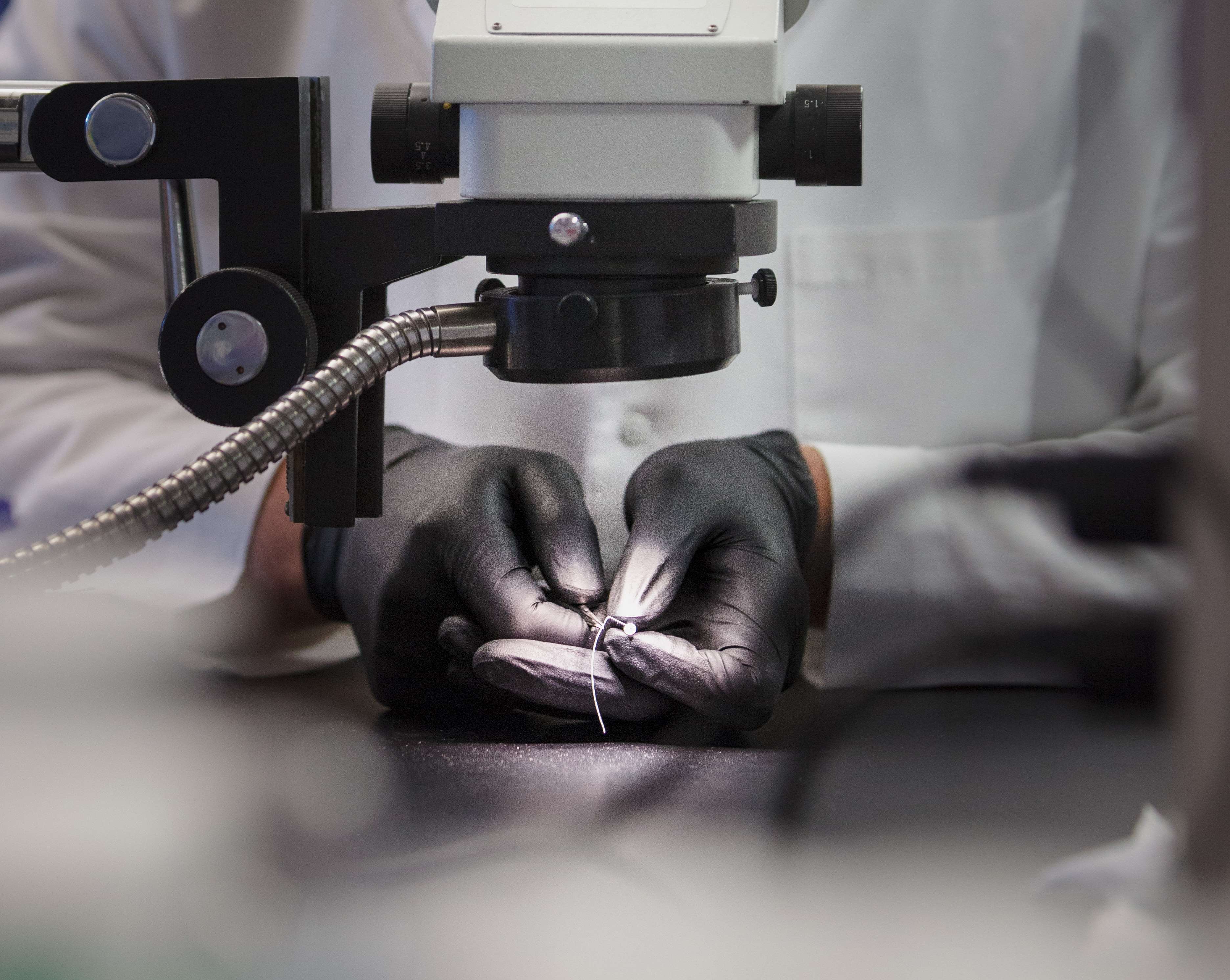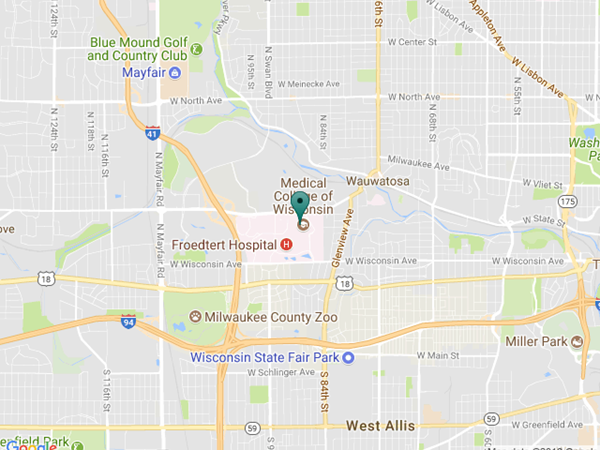Medical College of Wisconsin Pharmacology and Toxicology
Welcome



Education
Our graduate degree program includes dynamically changing disciplines such as neuropharmacology and molecular pharmacology.
Learn about our graduate programContact Us
Pharmacology and Toxicology
Medical College of Wisconsin
8701 Watertown Plank Rd.
Milwaukee, WI 53226
(414) 955-8267
(414) 955-6545 (fax)
Elizabeth Gizewski, Department Administrator
egizewsk@mcw.edu


